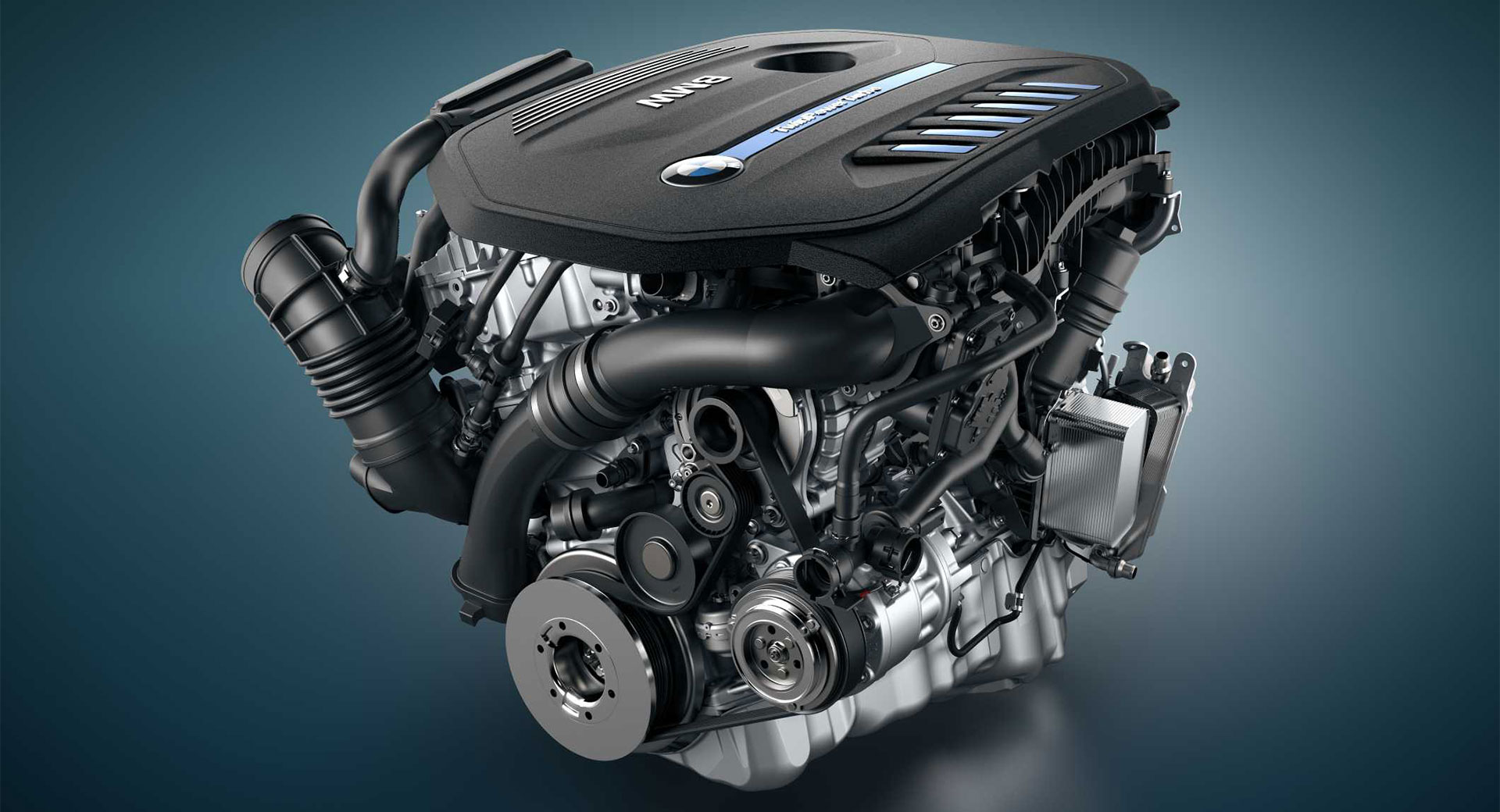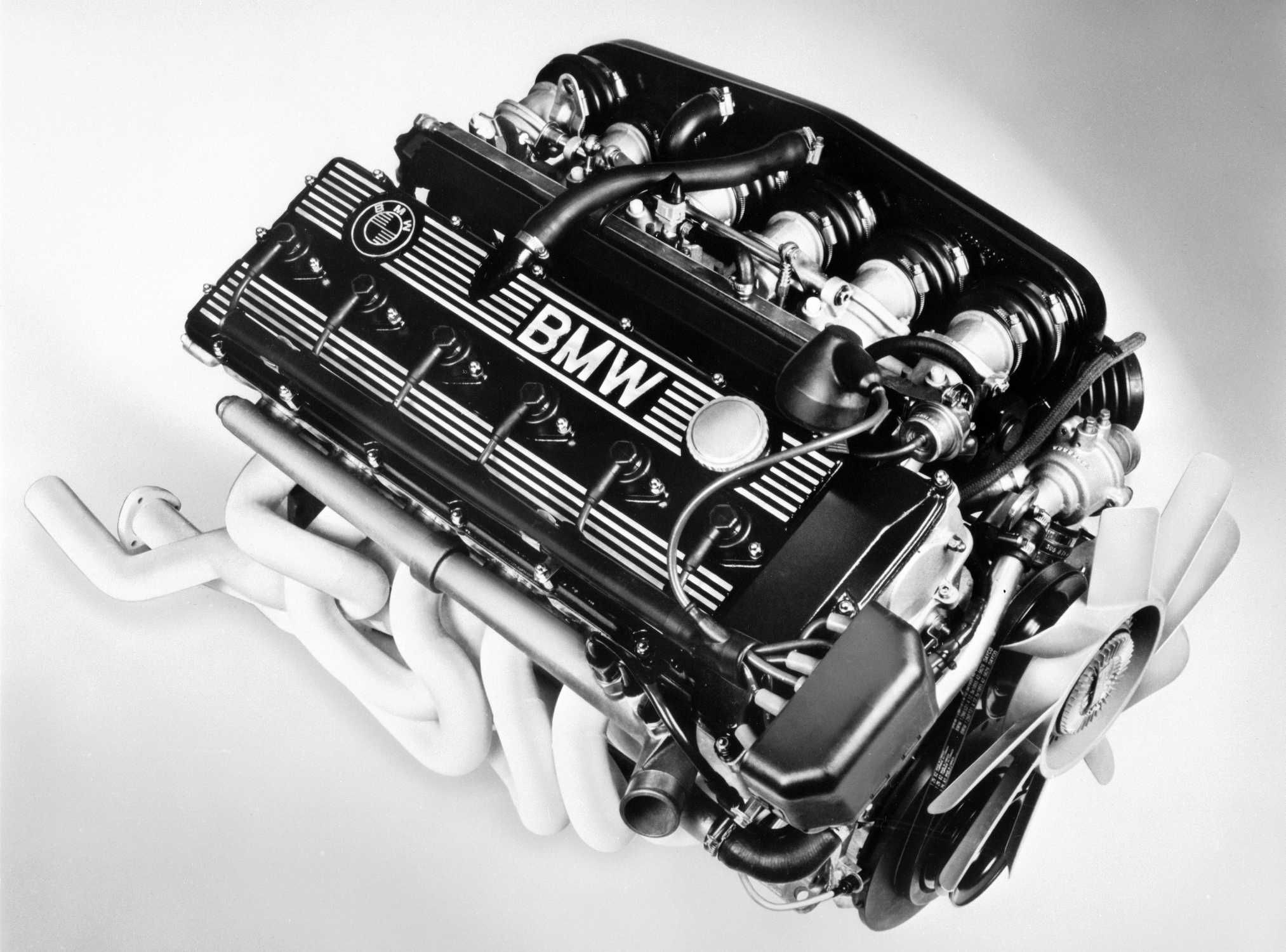Revealing the Intricacies of Next-Generation Power Units: a Deep Study Advanced Engine Styles and Innovations
In the world of automotive design, the unrelenting pursuit of sustainability, efficiency, and performance has moved the development of power systems to extraordinary heights. As we base on the precipice of a new age in transport, the details of next-generation engine styles bid us to check out the sophisticated innovations and technologies that guarantee to redefine the driving experience. From innovative materials that press the borders of durability and weight reduction to innovative turbocharging and supercharging systems that boost power outcome to brand-new degrees, each part of these power devices holds a crucial to unlocking the future of automobile design. Delving deeper right into the realms of discharge control, smart engine administration systems, and the horizon of power unit advancement, we discover ourselves on the cusp of a makeover that promises to improve the landscape of mobility as we know it.
Development of Engine Products

The shift towards progressed engine materials has actually also enabled designers to create engines with higher power outcomes while keeping gas performance requirements. The use of light-weight products reduces the total weight of the engine, leading to enhanced fuel economic situation and reduced exhausts. In addition, advancements in materials innovation have actually allowed for far better thermal monitoring within engines, leading to boosted integrity and longevity.
Turbocharging and Supercharging Technologies
How do Turbocharging and Supercharging Technologies revolutionize engine efficiency and effectiveness in modern-day vehicles? Turbo charging and turbocharging are technologies that substantially improve engine performance by raising the amount of air consumption into the burning chamber. Turbocharging achieves this by using a generator driven by exhaust gases to pressurize the intake air, while turbo charging makes use of a belt- or chain-driven compressor to accomplish the same result.
These modern technologies make it possible for smaller, more fuel-efficient engines to create power equivalent to larger ones, referred to as downsizing. Forcibly even more air right into the cyndrical tubes, turbocharging and turbo charging boost combustion efficiency, leading to increased horse power and torque output without a substantial boost in engine size. This leads to much better velocity, pulling ability, and general driving efficiency.
Moreover, turbocharging and turbo charging contribute to enhanced gas effectiveness by allowing the use of smaller sized engines that eat less fuel under typical driving conditions - bmw engine. This combination of improved efficiency and efficiency has made turbocharging and turbo charging indispensable elements of numerous modern-day engine styles
Emission Control and Environmental Impact
With raising worldwide problems regarding air high quality and environmental sustainability, the execution of exhaust control technologies in cars plays a critical function in lowering dangerous toxins launched into the environment. Modern vehicles are equipped with sophisticated discharge control systems that assist decrease the environmental impact of automotive procedures. Catalytic converters, as an example, are made to transform hazardous gases such as carbon monoxide, nitrogen oxides, and hydrocarbons into less dangerous substances like carbon dioxide and water vapor.
Additionally, innovations in engine innovation, such as the assimilation of exhaust gas recirculation systems and discerning catalytic decrease, have dramatically contributed to decreasing discharges. These innovations work in tandem to enhance burning performance and reduce the release of hazardous toxins right into the air. In addition, the development of hybrid and electrical lorries stands for a vital action towards lowering the overall environmental footprint of the transport field.
Intelligent Engine Management Equipment

In addition, these systems enable cars to meet rigorous emissions criteria without compromising performance, giving an extra eco friendly driving experience. The integration of expert system and device understanding capacities in engine administration systems continues to press the limits of what is feasible, causing additional improvements in efficiency, dependability, and overall go to my blog lorry efficiency. bmw engine. As automotive innovation developments, smart engine monitoring systems will play a crucial duty in forming the future of transport in the direction of a more lasting and reliable instructions
Future Trends in Power Unit Development
As smart engine monitoring systems pave the means for enhanced control and optimization in modern-day automobiles, future trends in power unit advancement are positioned to redefine the landscape of auto propulsion modern technologies. These different power sources offer enhanced performance and performance while lining up with rigid environmental guidelines.
An additional substantial trend is the integration of innovative materials and producing techniques. Light-weight products such as carbon fiber and aluminum are being used to decrease total automobile weight, enhancing gas effectiveness and performance. Additionally, developments in 3D printing and additive production are enabling the manufacturing of complicated engine elements with higher accuracy and durability.
Moreover, expert system and device discovering are playing a vital role in optimizing power device performance. These modern technologies allow for real-time surveillance and flexible control, resulting in more effective and trusted power delivery. Overall, future trends in power system development are geared in the direction of effectiveness, performance, and sustainability, driving the auto market in the direction of a new age of propulsion modern technologies.

Conclusion
Finally, the advancements in engine materials, turbocharging, discharge control, and intelligent administration systems have actually led the way for next-generation power units. These developments have not just better performance and effectiveness yet additionally reduced environmental effect. As innovation proceeds to advance, future trends in power device advancement are likely to concentrate on additional boosting sustainability and optimizing power outcome. The detailed designs and advancements in modern engines showcase the recurring evolution of automobile innovation. about his
Checking out the dynamic improvements in engine products has been pivotal in improving the efficiency and performance of contemporary engines. Over the years, the evolution of engine materials has played a crucial duty in pushing the limits of what engines can attain.The change towards advanced engine materials has actually likewise made it possible for engineers to make engines with greater power outputs while keeping gas performance requirements.The execution of smart engine monitoring systems in modern cars has actually reinvented the method engines are regulated and maximized for performance and efficiency. By collecting information in real-time and examining it with sophisticated algorithms, intelligent engine management systems can adapt to driving designs, environmental aspects, and engine health to make best use of this power output while reducing gas intake and emissions.